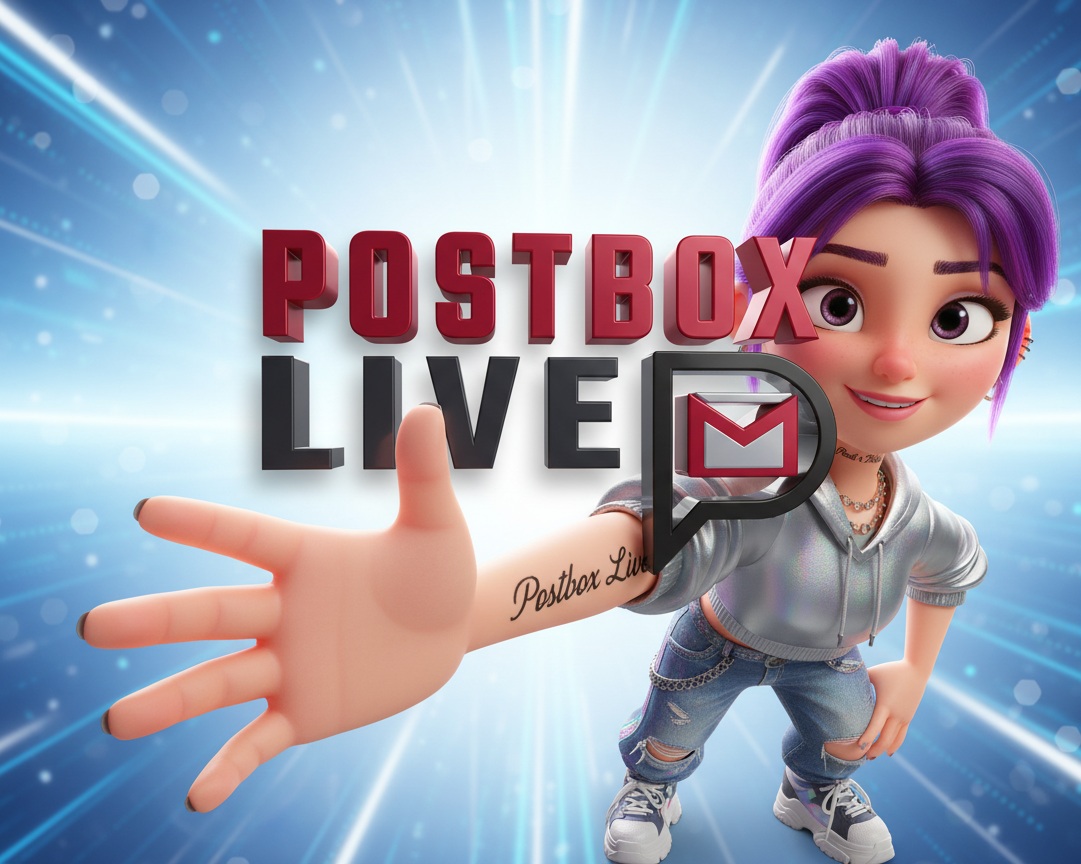Lionsgate’s AI Deal:
A Quiet Move to Replace Human Artists?
Lionsgate partners with AI firm Runway to generate cinematic content and reduce production costs. Will this deal replace human VFX and storyboard artists?
A Deal That Could Change Hollywood
Lionsgate, the studio behind blockbusters like John Wick and The Hunger Games, has just signed a groundbreaking deal with AI startup Runway. According to The Wall Street Journal, this partnership gives Runway access to Lionsgate’s vast catalog of films and television content. With it, the startup aims to build a new, proprietary AI model tailored specifically for Lionsgate.
The goal? To generate “cinematic video” using artificial intelligence.
Chasing Efficiency At What Cost?
Michael Burns, Lionsgate’s vice chairman, told WSJ that the studio expects the deal to save “millions and millions of dollars.” However, that financial benefit raises red flags. The same technology that boosts productivity may also threaten jobs. Burns suggested the AI tool could handle tasks like storyboarding and visual effects, areas that have traditionally required skilled human artists.
“We do a lot of action movies, so we blow a lot of things up,” Burns explained. “That’s one of the things Runway does.”
If AI can now create explosions and visuals once crafted by professionals, it’s easy to see why artists might be alarmed.
Runway’s First Major Hollywood Deal
This is Runway’s first collaboration of this scale with a major studio. But both parties bring baggage. Lionsgate recently faced criticism for using AI-generated fake quotes in a promotional campaign for Megalopolis, a sci-fi film by Francis Ford Coppola. The quotes were falsely attributed to real critics.
Meanwhile, Runway like other generative AI companies such as Midjourney has faced lawsuits from artists. These suits claim the company trained its models on copyrighted works without permission.
Bypassing Copyright? Not Anymore
The Lionsgate deal offers Runway something rare: legal access to content for training AI. Jeff Katzin, a partner at Bain & Co. (the firm that worked with Lionsgate on its AI strategy), told the WSJ that this move avoids the usual copyright pitfalls that plague generative AI startups.
Most AI firms can’t legally train on proprietary film and television footage. That’s what makes this deal stand out Lionsgate gave permission for exactly that.
AI and Hollywood: Still a Contentious Relationship
Hollywood continues to wrestle with AI’s role. While some studios explore automation for cost savings, many creative professionals see it as a threat. This year’s major strikes by writers and actors emphasized these tensions. Among their victories were strong protections against unauthorized AI usage.
California lawmakers also stepped in. Just this week, the state passed two laws making it illegal to replicate an actor’s voice or image using AI without explicit consent.
The Tech Isn’t Ready Yet
Runway’s current AI models still struggle to create photo-realistic visuals that meet film and TV standards. But with access to Lionsgate’s entire catalog, the startup could soon overcome that hurdle.
The question isn’t whether AI will reshape the film industry it’s how soon it will happen, and who pays the price.
#Lionsgate, #AIinFilm, #RunwayAI, #HollywoodTech, #AIDisruption, #VFXArtists, #StoryboardArtists, #FilmIndustryNews, #GenerativeAI,

